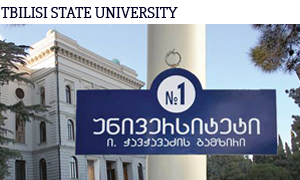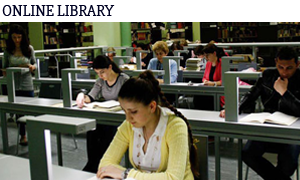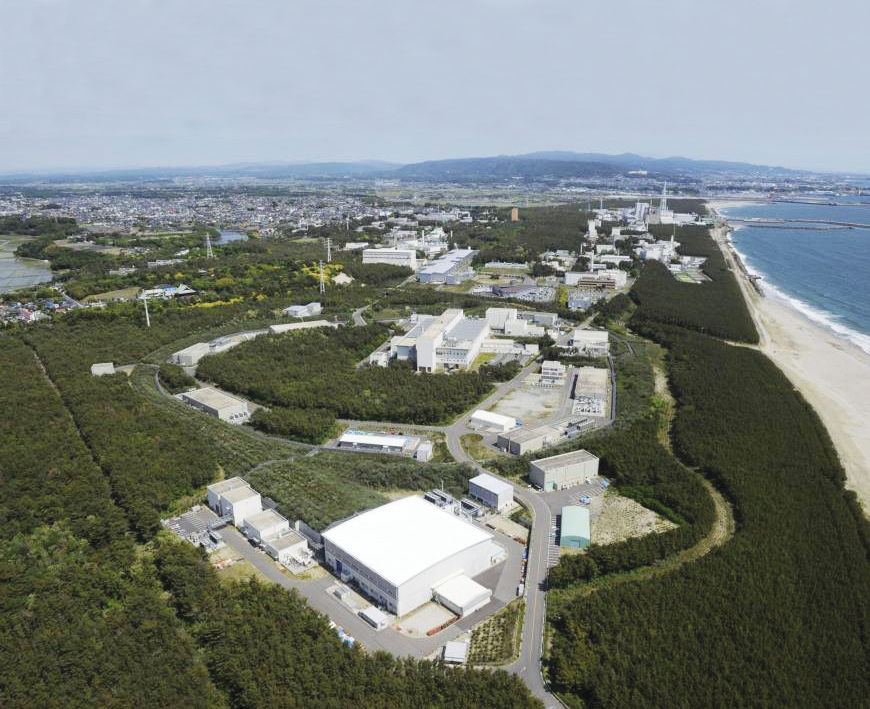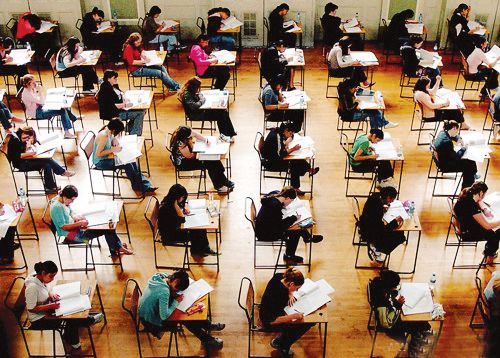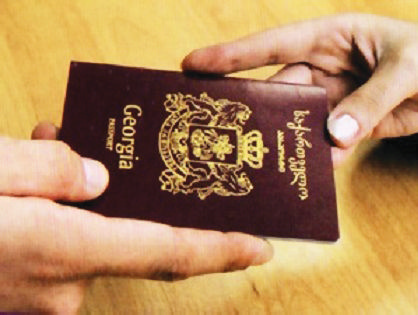
Journal Number: 0
On September 22-26, 2014 Tbilisi State University (TSU) hosted a workshop with the international group COMET: COherent Muon to Electron Transition, on the particle physics experiment at the Japan Proton Accelerator Research Complex (J-PARC). The Workshop was organized by the TSU High Energy Physics Institute (HEPI) with support from the Shota Rustaveli National Science Foundation. Fifty representatives from eight member countries took part. The experiment sheds light on a longstanding problem of particle physics, which is to understand the interplay between two very similar fundamental particles-electrons and muons. Why are there muons in addition to electrons? “Who ordered that?” exclaimed Nobel Prize laureate, theoretical physicist, I. Rabi, when the muon was identified.
According to the Global Competitiveness Index, out of 148 countries, Georgia has a very low rating for education. In the category of universal access to primary education (admissions), Georgia holds 32nd place while quality wise, primary education is only in the 94th place (3,4 points). According to the quality of the education system in general, Georgia is in 105th place (3.2 points), with the quality of mathematical and scientific education in 106th place (3.4 points) (Global Competitiveness Report 2013–2014, World Economic forum).
Before the late Middle Ages, religion was an integral part of the state, then a process of separation began, and by the 20th century--an era of globalization and technical development--these two phenomena have become completely separated from each other in Western countries. Despite the assumption that globalization and technical development would phase out religion, however, the opposite happened. The more research is carried out on the relationship of religion and secularism, the more questions are raised.
What is a “citizenship style”? How is this acquired and what are the particular psycho-social factors that define it in Georgia? A study carried out by Tbilisi State University researchers entitled “What defines the style of citizenship: culture, religion, nationalism?” addresses this question. Assistant Professor Khatuna Martskvishvili, Faculty of Psychology and Educational Sciences; Assistant Professor Luiza Arutinov, Faculty of Psychology and Educational Sciences; and Regional Research Coordinator Natia Mestvirishvili, Caucasus Research Resource Center studied national, cultural and religious attitudes as potential factors that contribute to the notion of citizenship style. The research was carried out in seven Georgian universities: four in Tbilisi and three in the eastern, middle and western areas of the country, respectively, and included 415 female and 270 male students between the ages of 18-24 who participated in the research.

